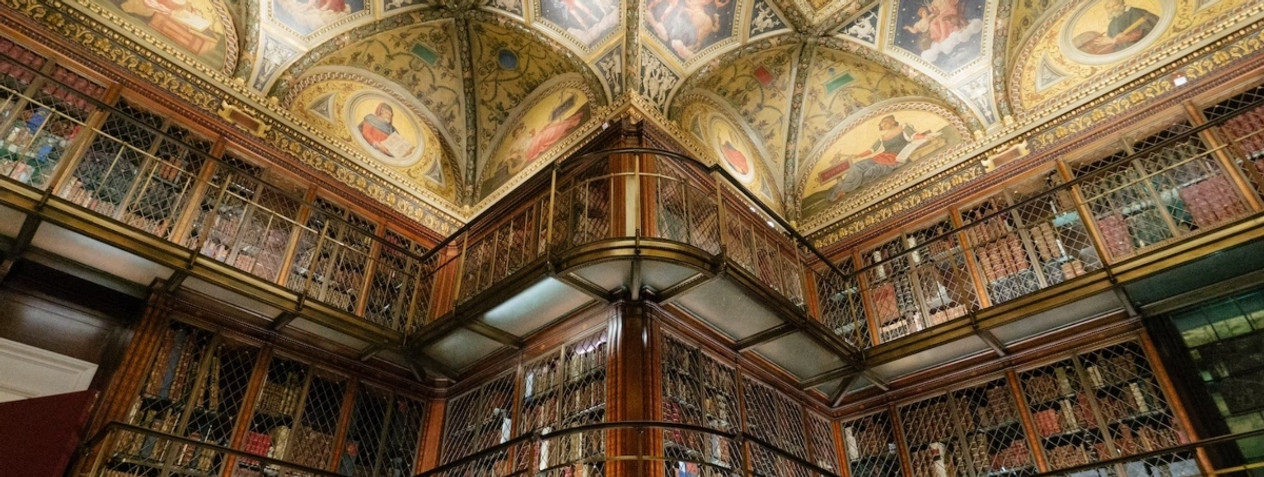5 Reasons Catholics Should Own & Read the Catechism of the Catholic Church
Feb 14, 2023 by Cheryl Hadley
Many Catholics have heard of the Catechism of the Catholic Church, or seen the "big green book" originally published during Pope St. John Paul II's papacy in 1992. Do you own one? Have you read one? Here's an explanation of the Catechism of the Catholic Church (CCC), and 5 reasons Catholic adults should read and use it.
A Brief History
In 1985, Pope St. John Paul II convened the Second Extraordinary General Assembly of the Synod of Bishops. His aim was to evaluate the progress in implementing the goals of the Second Vatican Council, or Vatican II, on the 20th anniversary of its conclusion. In this synod, the bishops and the Pope agreed that a compendium of all Catholic teachings on faith and morals should be composed as a point of reference for the faithful.
Not only would such a resource guide bishops regionally, but provide a common and consistent point of reference for all Catholics. The goal was to produce a guide that was biblical, liturgical, and sound in its presentation of the teachings of our Faith. It would also be suited to the present life of Christians aspiring to live Catholicism in the world.
To compile Catholic teachings, dogma, and morality into a single volume would be a tremendous undertaking. In 1986, the Pope appointed a group of twelve cardinals and bishops to achieve the monumental task. Cardinal Joseph Ratzinger, who later became Pope Benedict XVI, chaired the committee.
In 2011, while looking back at the immense effort, Pope Benedict XVI remarked, "I must confess that even today it seems a miracle to me that this project was ultimately successful."
Six years later, in October of 1992, the CCC was published in French. It was published in English in 1994, and in Latin in 1997. Later editions published over time included glossaries, indices, and additional translations. A more concise Compendium was published in 2005 in Q&A format, and a youth version, the YouCat, in 2011. The CCC is also available online on the Vatican website.
[[23457,402]]
Why should this big book matter to Catholics? Here are 5 reasons Catholics should read the CCC:
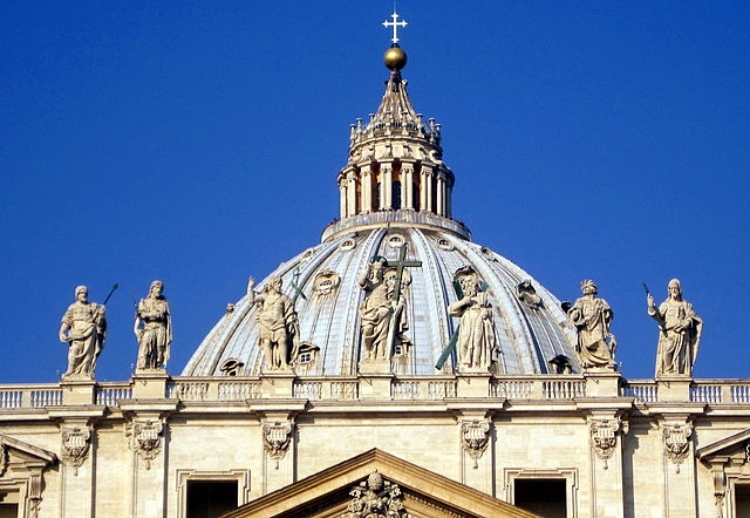
1. It will help us understand what we believe.
It is within the depths of our human nature to seek understanding. From the mind, as we dissect various problems seeking solutions, or the heart, as we ask life's big questions about our happiness and the future, we are seekers. God gave us this reflective gift, so that we might ultimately seek Him.
Seeking to understanding what we profess and why we believe it is one means of finding God. The United States Conference of Catholic Bishops explains that the CCC is "a positive, coherent, and contemporary statement of what the Church believes and teaches, presented in a summary manner."
Growing our knowledge of the faith also deepens what we believe. The CCC is a valuable tool for maturing and advancing your faith. Most misunderstandings about the teachings or beliefs of Catholicism can be resolved by reviewing the Catechism.
[[1229,13495]]
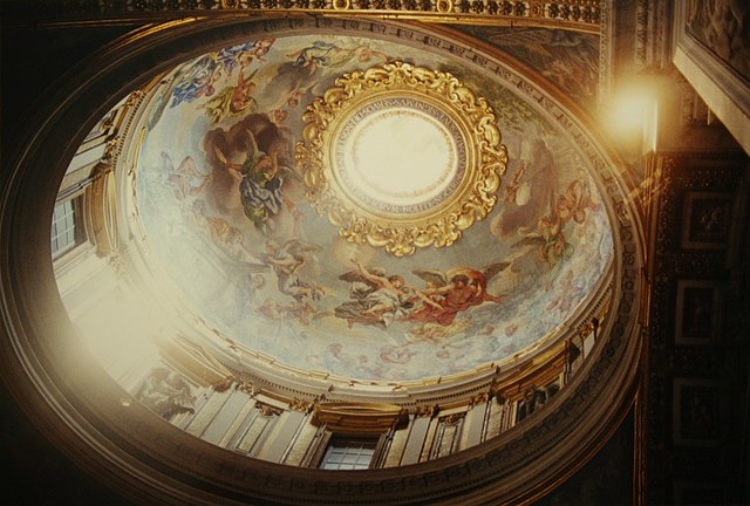
[[9886,17764]]
2. It will help us grow and mature spiritually.
Pope St. John Paul II believed and taught that the "new evangelization" of our era began with the personal and ongoing conversion of each faithful follower of Christ.
That interior conversion requires an integrated Catholic life and the consistent practice of our faith. The Church provides so many ways for us to attain graces as we grow toward spiritual maturity. The Mass, the sacraments, and catechesis are the first few that come to mind.
These are the low-hanging fruits on the tree. They form a foundation, allowing us - inspiring us - to cultivate a rich interior life with Jesus Christ at the center. The CCC is the "complete package" of our Catholic catechesis.
It's an invaluable resource for Catholics in not only the dogma and teachings of our Faith, but in understanding morality as followers of Christ. When we meditate on the teachings of our Church and put them into practice, we grow closer to the God we proclaim and we advance in holiness.
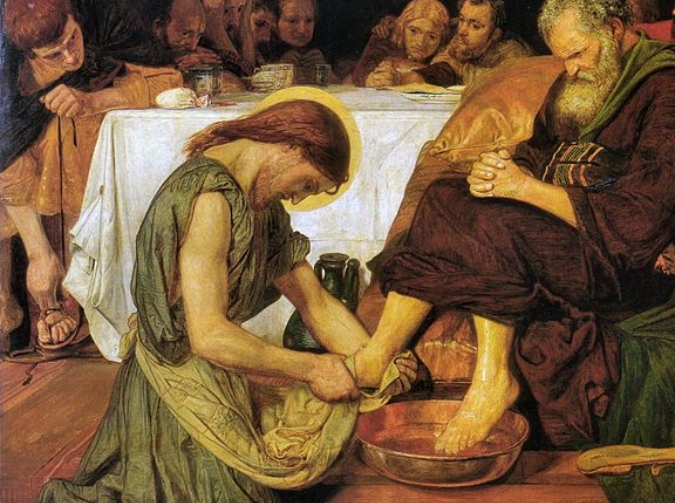
[[3467,15251]]
3. With it, we can transform contemporary culture.
The Church presents the CCC as the message of Jesus and our faith, in its entirety. Christ is at the heart of our Church, so the CCC is structured and written in relation to the Person of Jesus and His teachings. It spells out exactly what we believe, and explains the essence of Catholic moral teaching on any moral issue you can imagine.
Generations ago, moral truths were not so hard to discern. They were generally accepted norms in our culture. The world has changed as many truths have fallen victim moral relativism. Things once considered immoral have become accepted, adopted, and enthusiastically embraced in our society.
In the CCC, Catholics have a resource that explains our moral teachings. It contains the moral answers to life's big questions. This sound and reliable source guides us on matters we might not find so explicitly and conveniently stated elsewhere.
If faithful Catholics have access to these truths, we can discern the voice of our Church, the voice of Christ, over the loud and distracting voices dominating our culture today. With that clarity, we can faithfully live in a disordered world.
Then we teach by our example, and can share what we believe. By living these truths collectively as Catholic Christians, we can transform our culture over time.
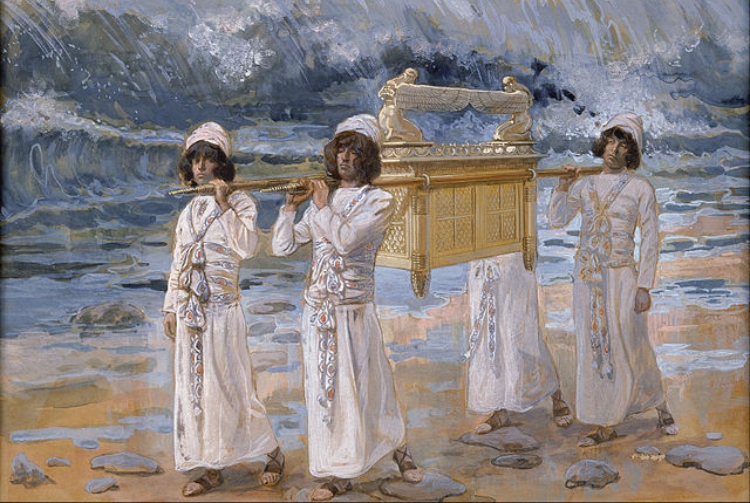
4. It's a treasure chest most Catholics never open.
In the earliest days, Holy Mother Church did not have a coordinated effort to disseminate her truths in the form of one volume of teachings. She had Sacred Scripture and ancient Tradition.
For two thousand years, the Church Fathers and Magisterium used Scripture and Tradition as a framework in which to explain our Faith and pass it down from one generation to the next. Through Scripture and Tradition, we learn why we do what we do, and why we believe what we believe.
These two reliable pillars are the basis for the CCC. The Magisterium offers us the Catechism as a new and complete reference resource. It's an astounding tool, and a miraculous achievement, distilling two thousand years of Catholicism so that you can hold it in your hand!
The Catechism draws heavily from Sacred Scripture, the writings of Church Fathers, liturgical texts, and the writings of the saints, so it integrates all of Scripture and Tradition as its source. It is yet another way for us to come to know God and love Him, so that we can make Him known in the modern world.
[[31499,12957]]
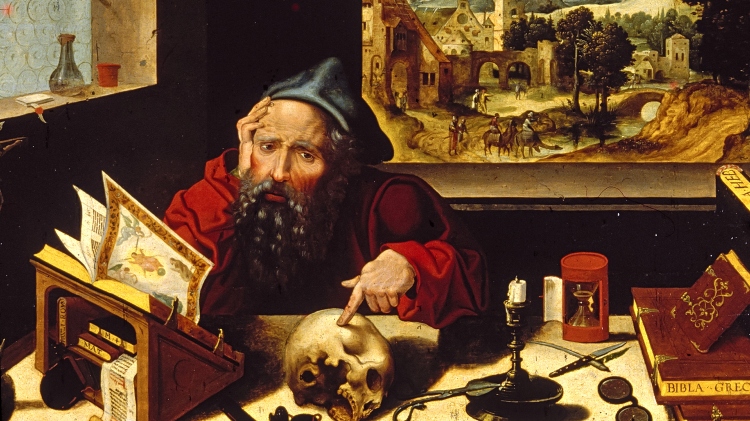
5. It's not as intimidating as it looks.
When you see - or hold - the generous volume, it's intimidating. The seemingly scholarly tome doesn't automatically strike you as appealing. It is written in numbered paragraphs that provide for easy reference and cross reference. In my volume there are 2,865 of these topical paragraphs.
The Catechism is written as a reference text using a very positive and declaratory tone. The writing style is encouraging and inviting. It satisfies the seeking of the human heart in a straightforward and explicit way.
Terminology and concepts that are a part of the Church's doctrinal tradition may be unfamiliar to some readers, but later editions contain glossaries, and online access can aid readers in understanding these phrases when needed.
The CCC is divided into four sections, each of which is sizeable and detailed. Pope St. John Paul II called them "the four movements of a great symphony" and they help organize and categorize the Catechism, making reference easier. Here's a brief summary of each of the four parts of the Catechism:
The Profession of Faith explains what we believe, based upon the individual statements in the Creed.
The Celebration of the Christian Mystery defines what we celebrate, including the sacraments, liturgical celebrations, and sacramentals.
Life in Christ clarifies what we live and how we live it, including conscience, vices and virtues, sin, moral law, and each of the Commandments.
Christian Prayer discloses what we pray and how we pray it, explains all aspects of the life of prayer, and uses the Our Father as a framework for prayer.
An extensive table of contents allows you to search for specific topics easily under these four headings.
For those who need more guidance or motivation, there are podcasts and books offering formats to help you read and understand the CCC by breaking it down into sections you review and absorb daily.
[[11057, 18131]]
The Definitive Source
The Church intends the CCC to be the definitive source reference for other catechisms. Additional specialized regional, adult, and youth catechisms based on this invaluable resource are available.
The Compendium to the Catechism is a Q&A summary of the Catechism of the Catholic Church. It's an abbreviated form of the CCC that does not contain all of the details but covers much of the content. The youth version, the YouCat, is for younger readers in their pre-teens and teens.
A Work of Inexhaustible Riches
The Catechism of the Catholic Church is a point of reference for the spiritual and religious aspects of our lives. It is an incredible encapsulation of our Faith that we can hold in our hand and refer to as often as we need it.
In his Apostolic Constitution Fidei Depositum, Pope St. John Paul II proclaimed, "I ask all the Church's shepherds and faithful members to receive this Catechism in a spirit of communion, and to make careful use of it in carrying out their mission to proclaim the faith and to call the gospel to life...it is offered to all the faithful who want to understand better the inexhaustible riches of salvation."
The Magisterium envisioned the faithful reading, understanding, and assimilating the information in the Catechism into their Christian living. The gift of this work is inestimable for the Catholic Church and her members.
[[18308,1612]]





